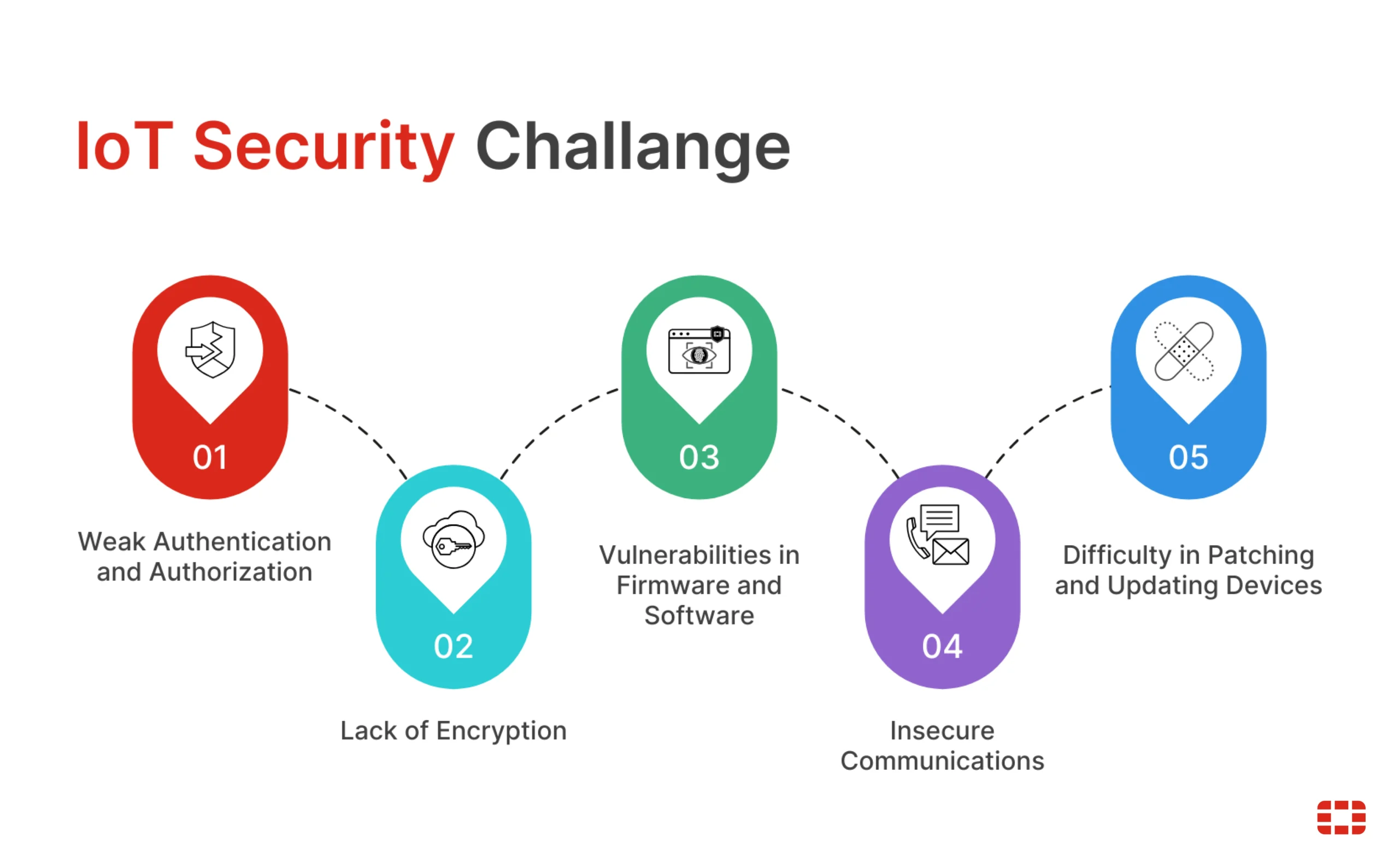Illinois is a state of contrasts—urban centers, rural farmland, lakeshore cities, and riverfront towns. But with that diversity comes a wide range of natural disasters. From tornadoes to winter storms, Illinois residents face year-round threats that can disrupt lives and cause severe damage.
Understanding these risks and knowing how to respond can mean the difference between safety and tragedy. Below are Illinois’ top five most common disasters—and practical steps you can take to protect yourself and your loved ones.
Tornadoes
Illinois ranks high among U.S. states for tornado activity, with peak season typically from April to June, though twisters can occur any time of year.
Safety Tips:
- Pay attention to weather alerts from the National Weather Service.
- Know the difference between a watch (conditions possible) and a warning (tornado spotted or detected on radar).
- Designate a safe shelter in your home, preferably a basement or interior room without windows.
- If caught outside, find low ground such as a ditch and cover your head.
After a tornado, debris can be dangerous. Professional recovery companies like Classic Disaster and Tragedy Clean Up Services can help with safe cleanup and restoration.
Flooding
Floods are among Illinois’ most frequent and costly disasters, especially in areas along the Mississippi, Illinois, and Ohio Rivers. Urban flooding is also a risk after heavy rains.
Safety Tips:
- Never drive through flooded roads—just six inches of moving water can knock you down, and a foot can sweep a car away.
- If flooding is imminent, move valuables and important documents to higher ground.
- Keep an emergency kit with food, water, and medications ready to grab in case you need to evacuate.
- After waters recede, avoid contact with floodwater, which can be contaminated.
Professional cleanup is essential after flooding to prevent mold and structural damage. Tragedy Clean Up Services can handle hazardous cleanup safely, while Classic Disaster offers full property restoration.
Severe Winter Storms
Illinois winters can bring heavy snow, ice storms, and dangerous wind chills. The 2011 “Groundhog Day Blizzard” is a reminder of how quickly conditions can become life-threatening.
Safety Tips:
- Keep extra blankets, warm clothing, and an emergency kit in your vehicle.
- Stay indoors during blizzards and limit travel.
- Prevent carbon monoxide poisoning by ensuring proper ventilation when using generators or alternative heating sources.
- Stockpile rock salt or sand to prevent falls on icy walkways.
Clear communication with family during power outages ensures everyone stays safe until conditions improve.
Extreme Heat
The 1995 Chicago Heat Wave claimed over 700 lives, proving that extreme heat can be just as deadly as storms.
Safety Tips:
- Stay hydrated and avoid strenuous activity during the hottest parts of the day.
- Check on elderly neighbors, young children, and people without air conditioning.
- Use public cooling centers during prolonged heat events.
- Never leave children or pets in parked cars.
Community awareness plays a big role in reducing fatalities from extreme heat, making it essential to look out for one another.
Thunderstorms and Lightning
Severe thunderstorms are common in Illinois, especially during spring and summer. They can produce damaging winds, hail, and dangerous lightning strikes.
Safety Tips:
- When thunder roars, go indoors—avoid tall trees, open fields, and water.
- Unplug electronics to prevent damage from power surges.
- Stay away from windows during hail and high winds.
- Secure outdoor items that could become projectiles.
After major storms, professionals like Classic Disaster can assess and repair property damage, while Tragedy Clean Up Services ensures safe removal of debris and hazardous materials.
Bonus Threat: Earthquakes
Although rare, southern Illinois sits near the New Madrid Seismic Zone, which has the potential for significant earthquakes.
Safety Tips:
- Drop, cover, and hold on during shaking.
- Secure heavy furniture and objects to prevent injuries.
- Prepare an emergency kit that includes items you might need if trapped or cut off from help.
While earthquakes may not be top-of-mind for most Illinois residents, preparation ensures you won’t be caught off guard.
Conclusion
Illinois residents live with the possibility of tornadoes, floods, winter storms, extreme heat, and severe thunderstorms each year. Preparation, awareness, and quick action are your best tools for staying safe.
When disasters strike, recovery can be overwhelming. That’s when trusted professionals like Classic Disaster and Tragedy Clean Up Services become essential partners—handling cleanup, repairs, and full restoration so you can focus on getting life back to normal.
The state’s disaster history proves one thing: emergencies are inevitable, but tragedy isn’t. By learning the risks and taking steps now, you can protect yourself, your family, and your community—no matter what the Illinois weather throws your way.




